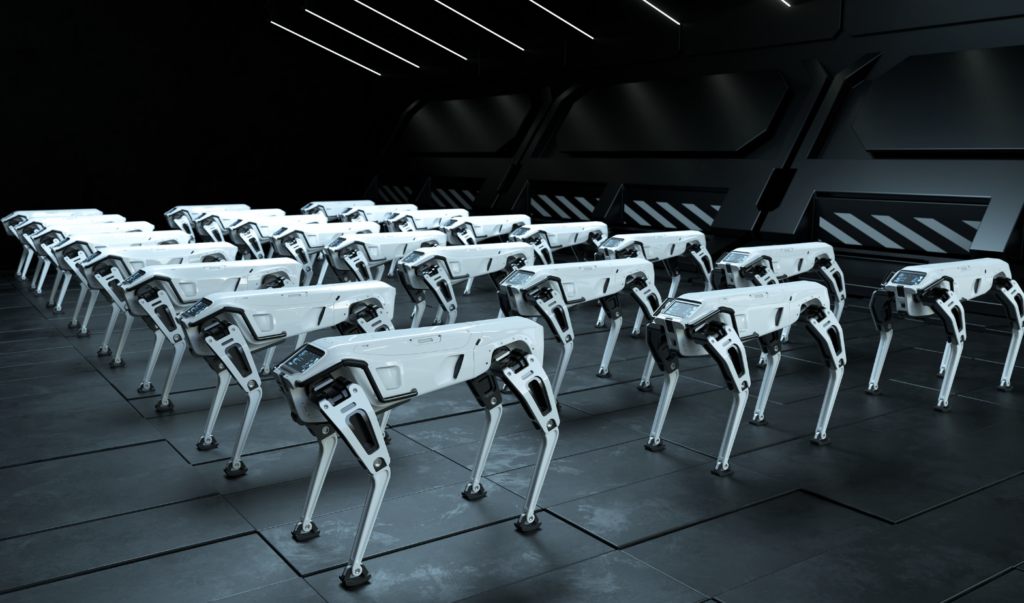
Breadths
- Art and Literature
- History
- Philosophy and Values
This cluster of courses brings together the study of history, philosophy, and the arts to think about the relationship between technology and society. In it, you will be exposed to how this relationship has functioned going back to the ancient world, think about the ethics of new technological forms like AI and genetic engineering, and explore how art forms like literature, film, and music can help us understand how societies respond to technological change. Activities for the hub course will include cultural outings like film screenings and class visits from working artists.
Meeting Schedule
American Studies 10: Tu/Th 12:30-2:00 PM
History 30: MW 5:00-6.30 PM; Discussion section Wed 12:00-2:00 PM
ISF 60: Tu/Th 9:30-11:00 AM
Hub: American Studies 10: Science Fiction, Science Imaginaries
4 Units, Art and Literature breadth
This class is required for the American Studies major.
What precisely is “science fiction?” A form of fantasy? An anxious dystopic rendering of technological change? A hopeful engagement with changes in human scientific capacities? In this course, we’ll read, view, and listen to a range of science fiction works from fiction to film to music, in order to explore how this form of cultural production can help us think through the social challenges brought about by technological change. In addition to thinking through the ways science fiction frames technological and social change, we will also think about its framing of social systems like race, class, and gender. Class will include guest speakers on core topics, and two cultural outings.
Instructor: Shannon Steen
Wing 1: History 30, History of Science
4 Units, Historical Studies breadth
This class can be used to satisfy a requirement for History. Note that other classes may also used to satisfy the same requirement.
Science as we know it is the product of historical processes. In this course, we shall explore the emergence of its concepts, practices, goals, and cognitive authority by surveying its roots in their diverse social and cultural settings. Through the semester, we’ll trace the development of conceptions of the natural world from antiquity through the Middle Ages up to the Scientific Revolution and the Enlightenment. In this way, we’ll study the relations of modern science to key philosophical and religious traditions and to other forms of knowledge. Our considerations will have a global reach, and all the main branches of science and technology fall within our purview.
Instructor: Massimo Mazzotti
Wing 2: Interdisciplinary Studies Field 60, Technology and Values
3 Units, Philosophy and Values breadth
UC Berkeley remains a leading global center for undergraduates who want to “think and make” the future. Berkeley faculty have not only been at the cutting edge of technological developments but also leading voices in creating vibrant democratic discussions about the values that should shape our scientific and technological progress. This course will be organized around the work of three extraordinary Berkeley professors — Jennifer Doudna, Stuart Russell, and Edward Ashford Lee — working at the forefront of AI and bioengineering. We will read their recent books, and they will make guest lectures and take student questions.
Instructor: Rakesh Bhandari